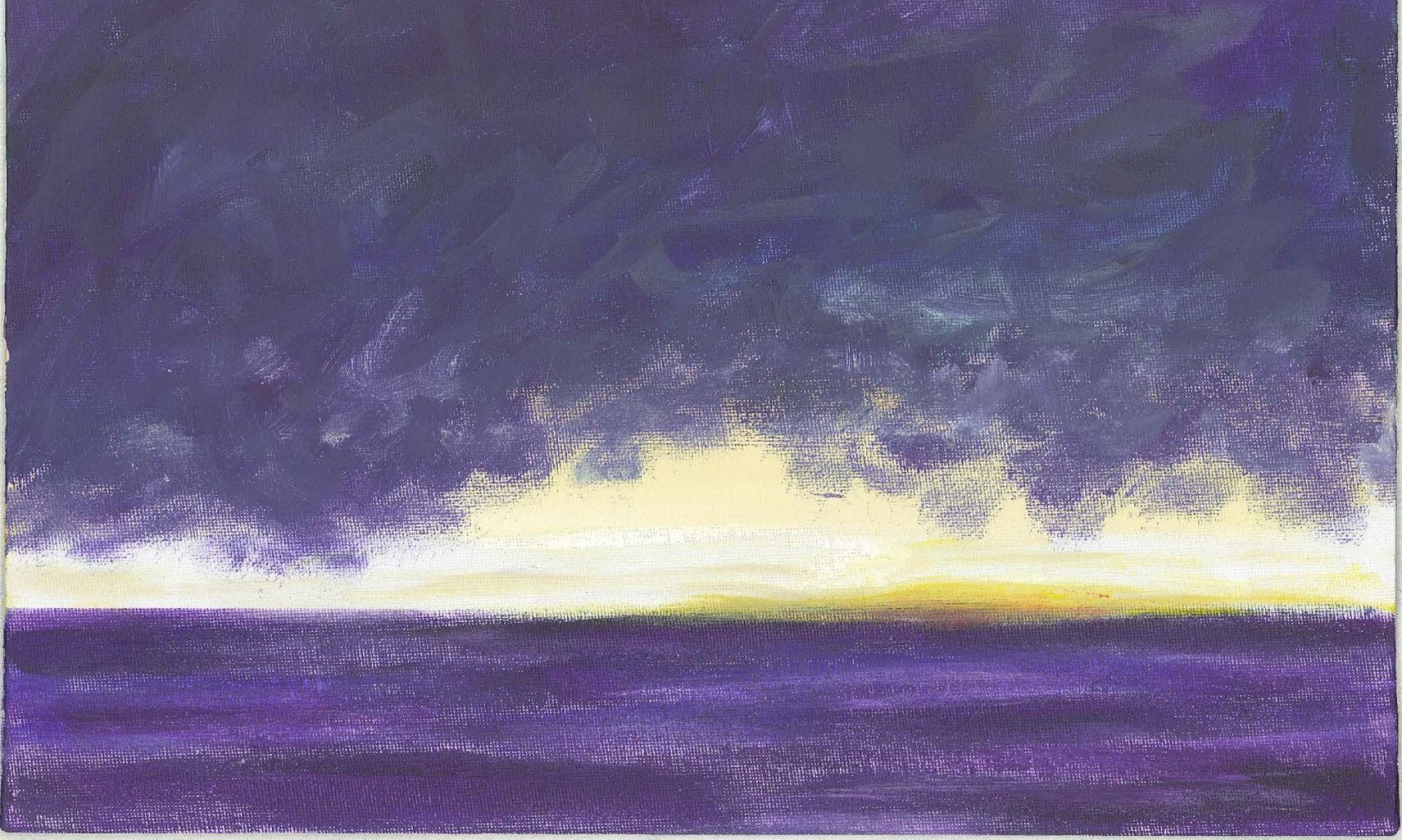As a spotty sixth former, I was required to take a philosophy class. I remember very little about it except for one particular session that was an open discussion of the following proposition: ‘Doubt is a necessary aspect of faith’.
The general sense amongst those who supported the proposition, was that faith without doubt would not be faith at all – it would be certainty. For faith to be truly faith – a chosen attitude of the will – it must be based on uncertainty: there must be some element of doubt.
That discussion was entirely abstract. We played with the notions of faith and doubt as if they were instruments or tools – value-free, measuring and responding, detached from the inner worlds of the people they habituated.
But in other contexts, faith and doubt are much more personal, and we are involved with them. They affect us far more than we are able to observe them. In simplistic terms, they are experienced as opposites: either I have faith, or I doubt. ‘O you of little faith! Why did you doubt?’ (Matt. 14:31)
Faith can be thought of as enlightening; doubt as darkness. Faith is a way of expressing what we can see, so to speak. Doubt is when vision is impaired – clouded or foggy. Faith, like light, offers hope and life. Doubt, like darkness, can be bleak, forlorn, even dangerous.
Doubt often arises in relation to suffering. Faith in God can be boiled down to a faith in God’s goodness. The suffering of the world calls that into question. How can there be a good God in a world of suffering? And suffering itself can be described as darkness, invoking its intimations of deathliness, evil, and degradation.
How can we keep faith in darkness? What does it mean to be faithful when assailed by doubt? Is it possible to believe in God’s goodness, when afflicted or agonised?
Continue reading “Keeping Faith in Darkness”




